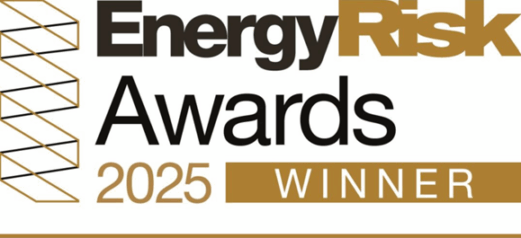The upcoming global climate summit, COP28, represents a significant milestone that will shape the future value and relevance of the voluntary carbon market, reinforcing its strategic importance in the global climate landscape.
As the world faces escalating climate threats, the voluntary carbon market serves as an essential tool to assist the world’s most vulnerable nations, which are disproportionately affected by events like droughts, floods, and severe food shortages.
The commitment from the private sector towards Climate Action via the voluntary carbon market remains critical in bridging the ‘climate ambition gap’. This gap exists as governments of developing nations, amidst a myriad of challenges, struggle to allocate resources beyond essential services. A ‘funding gap’ is a result of the developed nations prioritizing their domestic climate strategies, often sidelining their overseas developmental support.
The VCM is a commitment to a low carbon future
Voluntary carbon markets have arisen as the preeminent, scientifically-endorsed avenue for direct carbon removal, avoidance or sequestration, and the assurance of broader societal and environmental benefits.
The future of these markets is likely to be shaped at the keenly anticipated United Nations Framework Convention on Climate Change (UNFCCC) forum, COP28, to be held in Dubai this November.
Kevin McGeeney, CEO of SCB, shares his vision of how innovative financing mechanisms may support the next generation of environmental markets, “SCB is steering a course towards a market-centric, community-rooted, fair, and transparent low-carbon future. As carbon markets evolve, with a keen focus on integrity and quality, we foresee a wave of new possibilities.”
The eight-year journey to COP 28
The 2015 Paris Agreement’s laid the foundation for a global carbon credit market. Over the past eight years, the environmental parameters for carbon credits and their operational frameworks have been a subject of extensive discussions.
The future of the voluntary carbon market was a highlight of the Bonn Climate Change Conference in June. The ways in which Climate Action links with the global Sustainable Development Goals was a major feature at the UN’s high level political forum in July. The evolution of Climate Action is being anticipated in a range of recently-announced or forthcoming global, regional and national standards and GHG reporting requirements .
The Paris Agreement’s member countries tasked the Article 6.4 Supervisory Body to draft rules for the envisioned carbon market under the treaty’s article 6.4. These proposed regulations, along with potential revisions to the Supervisory Body’s mandate, will be up for voting during the pivotal COP28.
Make your move. Stand up and be counted.
Ahead of the global vote on article 6.4 at COP 28, we encourage you to contact our carbon team to retire or consume the valid carbon credits you have procured for your respective consumption years/periods, and actively participate in the evolution of carbon markets.
Offsetting emissions at this time not only demonstrates your commitment to sustainability and Climate Action, but also aligns with a changing landscape of initiatives and collective solutions to the challenges posed by climate change.
A global environmental markets leader
As a global environmental markets leader, SCB:
– Is an active collaborator with IETA, advocating for market-led support for global agreements. Find out more…
– Supports the Science Based Targets initiative (SBTi) to guide private sector investments towards regions facing the direst climate repercussions. Explore SCB’s Climate Action stance…
– Endorses the Integrity Council for the Voluntary Carbon Market’s recent Core Carbon Principles, enhancing transparency and trust in carbon credits. Read about the Core Carbon Principles…
For insights on the implications of current and forthcoming legislation and standards in your jurisdiction, connect with SCB’s Advisory Service, here…



